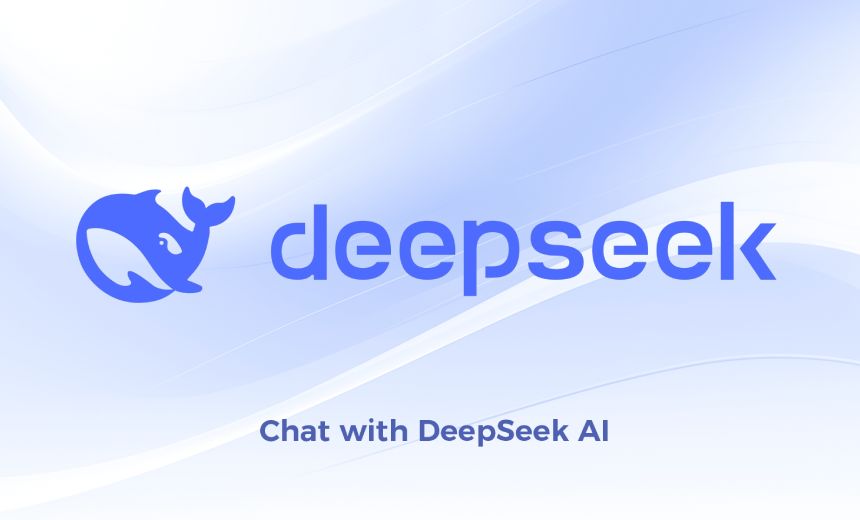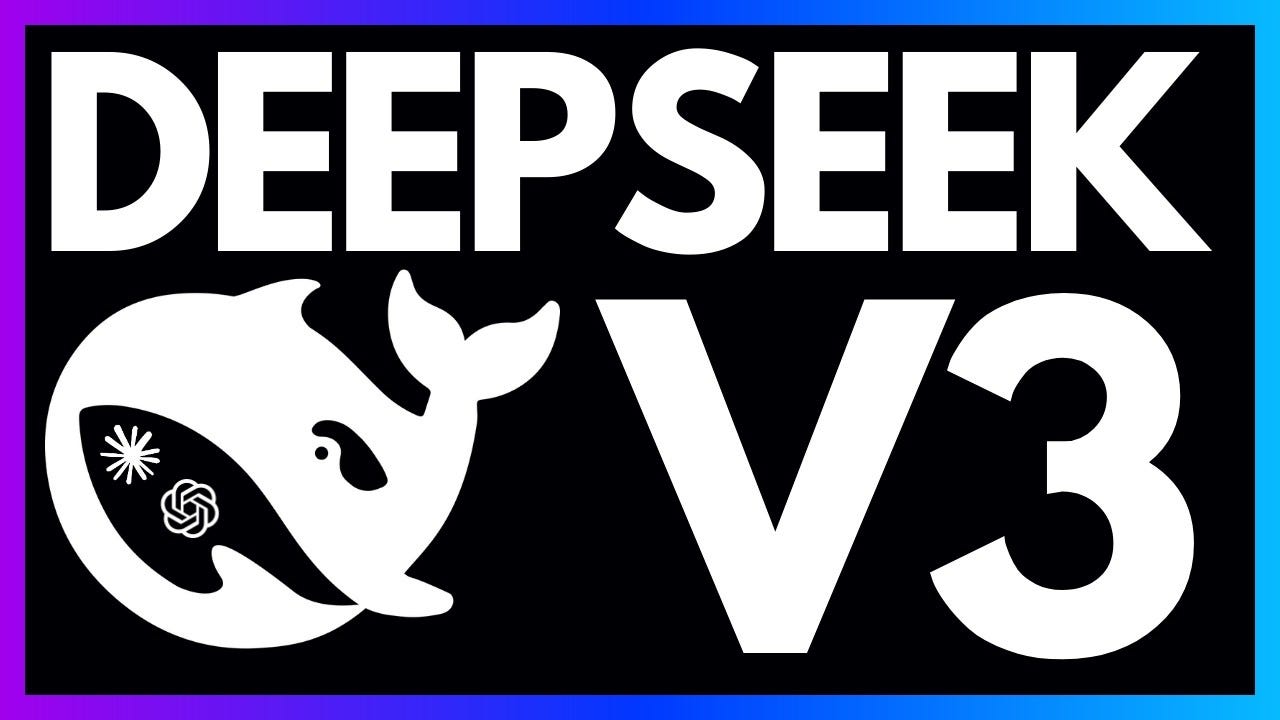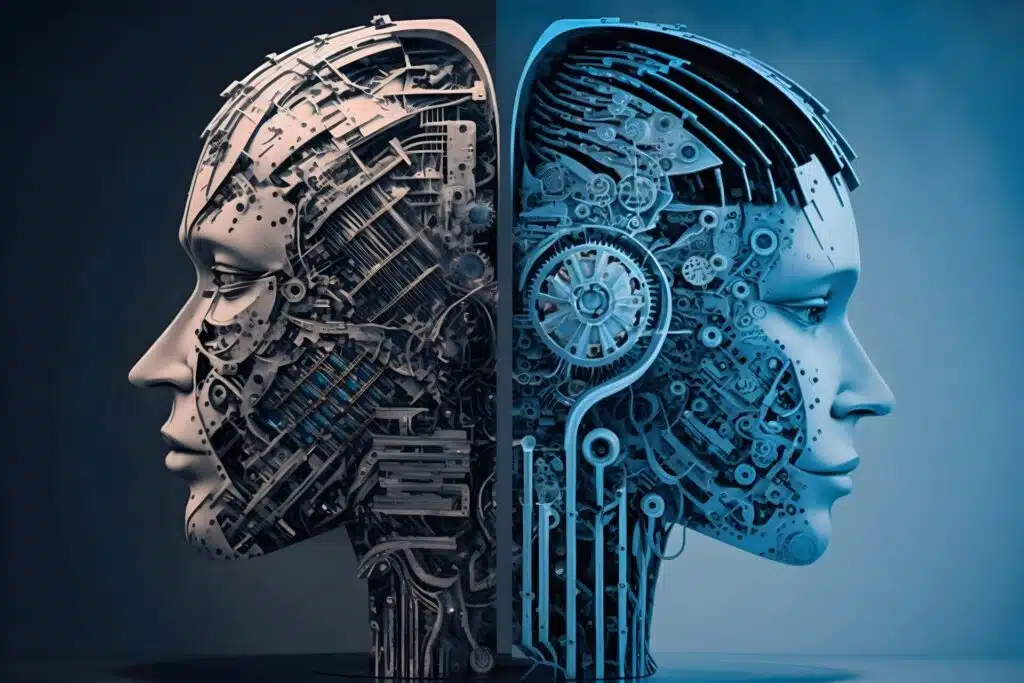
The potential of AI technology has been percolating in the background for years. But when ChatGPT, the AI chatbot, started grabbing headlines in early 2023, it put generative AI in the spotlight. This guide is your go-to manual for generative AI, covering its benefits, limitations, utilize cases, prospects and far more.

What is OpenAI?

- Share this product with your network:
-
-
-
-
-
-.
-.
-.
-
- Cameron Hashemi-Pour, Former Site Editor
OpenAI is a personal research laboratory that aims to establish and direct expert system (AI) in manner ins which benefit mankind as a whole. The business was founded by Elon Musk, Sam Altman and others in 2015 and is headquartered in San Francisco.
OpenAI was produced in part because of its creators' existential issues about the potential for catastrophe arising from recklessness and abuse of general-purpose AI. The company has a long-term concentrate on basic advances in AI and its abilities. The founders of the company and other investors started the business with a $1 billion endowment. In February 2018, Elon Musk left the business due to a prospective dispute of interest with his work at Tesla, the vehicle and tidy energy business inspired by Nikola Tesla.
The stated intent of the business-- to pursue safe synthetic basic intelligence (AGI) for the advantage of humankind-- is reflected in its goal to freely collaborate with other research organizations and people. Research and patents made by the company are planned to stay available to the general public except in cases where they could adversely affect security.
Timeline and history of OpenAI
OpenAI was initially focused on establishing AI and artificial intelligence tools for computer game and other recreational purposes. Less than a year after its official founding on Dec. 11, 2015, it released its very first AI offering: an open source toolkit for establishing support learning (RI) algorithms called OpenAI Gym. Over the next 2 years, OpenAI focused on more basic AI advancement and AI research study.
This short article belongs to
What is Gen AI? Generative AI explained
- Which also includes:.
8 leading generative AI tool classifications for 2025.
Will AI replace tasks? 17 task types that may be impacted.
25 of the very best large language models in 2025
In 2018, OpenAI released a report to describe to the world what a Generative Pre-trained Transformer (GPT) is. A GPT is a neural network, or a maker finding out design, developed to work like a human brain and trained on input, such as large information sets, to produce outputs-- i.e., responses to users' concerns.
In March 2019, OpenAI moved from nonprofit to capped-profit status and became formally understood as OpenAI LP, managed by parent business OpenAI Inc. Almost two years later on, wiki.myamens.com in January 2021, OpenAI presented Dall-E, a generative AI design that examines natural language text from human users and after that produces images based on what is described in the text.
Perhaps the business's best-known item is ChatGPT, launched in November 2022 and heralded as the world's most innovative chatbot for its ability to provide answers to users on a relatively unlimited series of subjects. Its advantages and drawbacks, larsaluarna.se in addition to its uses in numerous industries, are still being disputed.
Elon Musk no longer serves on the board of the company, and co-founder Sam Altman served as the business's CEO until November 2023 alongside president and chairman Greg Brockman, previously the CTO of monetary services and SaaS business Stripe; and primary researcher Ilya Sutskever, previously of Google.
In November 2023, Altman was fired from his position by the board of directors, pointing out that Altman was not honest in his interactions to the board. Not long after, Brockman left the business. Both were worked with by Microsoft three days after leaving the business.
Emmet Shear, co-founder of Twitch, was employed as the interim CEO at OpenAI after Altman's departure. Following Altman's firing, roughly 500 of OpenAI's employees stated they would quit if the board of directors didn't step down. After simply five days, Altman and Brockman were re-hired in their original roles at OpenAI with a brand-new board of directors.
Notable projects and online-learning-initiative.org releases
OpenAI has been considered revolutionary for its noteworthy product offerings, which include the following:
GPT-3. This effective big language model (LLM) serves as the basis for other OpenAI items. It analyzes human-generated text to find out to produce comparable text by itself.
GPT-4. Released in March 2023, GPT-4 delivers multimodal AI performance, where it can analyze both text and images.
GPT-4o. Introduced in May 2024, GPT-4o boosted multimodal ability to recognize images, text and audio. GPT-4o is more conversational than other models. GPT-4o will recognize the user's screens and pictures and ask concerns about them.
OpenAI o1. Released in September 2024, OpenAI o1 is an LLM with enhanced thinking functionality. Instead of offering a response as rapidly as possible, o1 "thinks" through the ideal method to resolve a problem for more accurate actions.
OpenAI o3. Announced in December 2024, this o1 follower design has two versions-- o3 and o3-mini. These models use what OpenAI calls a "personal chain of idea" in support learning, which teaches the o3 design to stop briefly and take a look at internal dialogue using simulated reasoning before producing replies. OpenAI plans to launch o3-mini to the public in January 2025.
ChatGPT Search. This AI online search engine is currently built into ChatGPT for Plus and Team users. The search function supplies updated information from the web and allows ChatGPT to take on other online search engine. It was launched in October 2024.
Dall-E and Dall-E 2. These generative AI platforms can evaluate text-based descriptions of images that users want them to produce and after that generate those images exactly as described.
Clip. Clip is a neural network that manufactures visuals and the text referring to them to anticipate the finest possible captions that a lot of accurately explain those visuals. Because of its ability to gain from more than one type of data-- both images and text-- it can be classified as multimodal AI.
ChatGPT. ChatGPT is currently the most advanced AI chatbot designed for generating humanlike text and producing responses to users' concerns. Having been trained on big data sets, it can create responses and responses the way a human would. Since its production, updates to this tool have actually allowed it to interact with users through voice discussion and images.
Codex. Codex was trained on billions of lines of code in different programming languages to assist software application designers simplify coding processes. It's established on GPT-3 technology, but instead of creating text, it creates code.
Whisper. Whisper is labeled as an automatic speech acknowledgment (ASR) tool. It has actually been trained on a wide range of audio data in order to acknowledge, transcribe and equate speech in about 100 various languages, including technical language and different accents.
ChatGPT Enterprise. Although this resembles the consumer variation of ChatGPT, the enterprise version lets users build the training of their design. This edition likewise reflects on the current incremental modifications made to ChatGPT.
Custom GPTs. GPTs are custom versions of ChatGPT that users can customize to specific usage cases with no code. Verified GPT contractors can share customized GPTs in the GPT shop and make money doing so.
OpenAI and Microsoft
At the start of 2023, Microsoft openly devoted to a multibillion-dollar investment in OpenAI, but its interest in the business is nothing brand-new. In July 2019, OpenAI took part in a multiyear collaboration with Microsoft in which Microsoft's cloud platform, Azure, has actually been boosted by AI-based computing products.
Microsoft's latest financial investment in OpenAI extends to Bing, its online search engine. The company is utilizing the very same innovation developed for ChatGPT to produce an AI-infused variation of Bing. Concurrently, AI-based features have also been contributed to Microsoft's Edge browser, and ChatGPT functionality is being contributed to Microsoft 365 items such as Outlook and Teams.
Criticisms of OpenAI
Despite all these quick advancements, OpenAI has not been immune to criticism, both worldwide of tech and beyond. The company's shift from "not-for-profit" to "capped earnings" status in 2019 sustained criticism that its commitment to dealing with others on building "safe and advantageous" basic expert system had actually become a profit-driven "AI arms race" to produce the most advanced AI innovation on the marketplace. Simultaneously, others have revealed concerns about OpenAI's growing absence of transparency into how its revolutionary items are being developed, offered its dedication to establishing open source software.
More just recently, akropolistravel.com the launching of ChatGPT in late 2022 has come into a reasonable offer of criticism along with the widespread appreciation for its cutting-edge capabilities. The innovation has been implicated of producing "hallucinations" or other factually incorrect responses that are seemingly smart and well written, yet do not hold up under examination. While this is possibly the most notorious drawback of the platform, others include its possible to plagiarize from other sources in addition to its restrictions in producing answers on the most updated news. The information set it was trained on was from 2021, so the content it creates could disservice those who require information on present occasions. OpenAI updated ChatGPT Plus in November 2023 to include information as much as April of that year.
OpenAI's chatbots are among lots of that faced security concerns early in 2023. Aside from the assistive abilities of these resources, researchers also found poisonous content in their reactions. Examples of these include information on how to build a bomb, together with guidance on how to perform identity theft and steal from a charity.
International uncertainty surrounding AI likewise continues to emerge. The French and Italian governments, for instance, offered needs and evaluations for OpenAI. Meanwhile, the U.S. White House asked for even more info associated to the dangers connected with AI.

Lawsuits surrounding copyright with OpenAI have actually also turned up. In June, creators dealt with analysis in the middle of a charge from Joseph Saveri Law Office. Made on behalf of five book authors, this accusation showed ChatGPT and its underlying LLMs-- GPT-3.5 and GPT 4-- included copyrighted products. Specifically, it accused these sources of using the authors' copyrighted works for summaries to train the LLMs. This took location without permission from the authors.
The New York Times likewise took legal action against OpenAI and Microsoft in December 2023 for copyright violation, implicating them of illegally copying articles to train LLMs and develop AI items that complete with The New York Times. The paper was the first major wire service to take legal action against OpenAI and Microsoft for using their publications to train AI systems.
Among issues, actions to improve the system typically happen. In reaction to the uncertainty surrounding ChatGPT, OpenAI introduced ChatGPT Enterprise in August. With this new version, companies can have a much better hang on model training and the information that exists within models. However, there stays an absence of clarity surrounding the training data used by the model. As such, enterprises have shared concerns about the model using copyrighted product for training.

OpenAI has also dealt with criticism surrounding absence of diversity on its board of directors. Critics noted the board's absence of representation isn't in line with the business's mission to "benefit all of humanity." Following the firing and rehiring of Sam Altman in November 2023, OpenAI ousted its only 2 female board members and reinstated a board comprised specifically white guys. Lawmakers in Washington also recommended that OpenAI diversify its board following the restructuring.
The future of OpenAI
OpenAI has actually not offered comprehensive public commentary on future strategies, but based on current investments, democratization of AI is a clear goal of the Microsoft-OpenAI partnership, as nontechnical specialists need to soon have more AI tools at their disposal that do not require AI competence.
Microsoft has likewise taken actions that appear to show the anticipated development of OpenAI and similar resources. In 2023, the business revealed an investment of more than $13 billion in OpenAI. With the objective of sustaining using AI for various functions, the financial investment got a large amount of support following its contrast to the internet transformation.
In the 1990s, Bill Gates launched a memo that described the web as a "tidal bore" that would have a big effect on Microsoft. While referencing this memo, Microsoft CEO Satya Nadella just recently noted the resemblances between web and AI development. Furthermore, Microsoft is aiming to use these tools to support development.
In parallel with its anticipated growth, OpenAI hosted its very first ever developer conference in November 2023. At the occasion, OpenAI unveiled GPT-4 Turbo, a language model with a substantially larger context window than its predecessors, a more affordable API prices design and a later training data cut. OpenAI likewise debuted adjustable GPTs, a "Copyright Shield" that will protect customers from legal action, and GPT store where users can monetize and gain access to custom GPTs.
In December 2023, OpenAI struck a handle media company Axel Springer to use its news material in OpenAI's items. This lets ChatGPT offer news summaries from Axel Springer's outlets, which consist of Politico and Business Insider. The offer shows OpenAI's intent to explore opportunities in AI-powered journalism.
Currently, OpenAI remains in early talks with the California attorney general of the United States's workplace to alter is corporate structure from a capped-profit service to a for-profit service. OpenAI started as a nonprofit AI research study laboratory in 2015.
Continue Reading About What is OpenAI?
What is generative AI? Everything you need to understand
Bard vs. ChatGPT: What's the difference?









